Last week, the Empire State Pride Agenda announced that it will shut down after serving the New York LGBT community for 25 years. This has drawn sharp criticism over whether this organization has indeed reached a "mission accomplished" status as proclaimed. Many in the trans community are hurt by this move, rightfully claiming that the inequalities that they face in society have barely begun to be addressed. Although I agree that we have a long way to go before we have achieved our mission of equal rights, I view ESPA closing its doors is an opportunity for us to reevaluate the best mechanisms in continuing the fight.
The LGBT community gives millions of dollars each year to various advocacy groups to advance our community's rights. While lesbians and gays have achieved monumental gains in societal acceptance, our trans friends are being left behind. Transgender people are more likely to be discriminated against at work, school, and in housing, are more likely to live below the poverty line, and are more likely to become homeless. There is an urgent need to reevaluate how we focus our resources and help the most vulnerable in our community achieve equal rights before they get left even farther behind.
Often discrimination, homophobia and transphobia grow out of ignorance. The lesbian and gay movement has been successful in outing ourselves to show those outside of our community that we are just like them, albeit with different sexual preferences, and perhaps a bit more style. By creating bridges with straight allies, and even with straight foes, we have insisted that we are here, queer, and called for our right to recognition and acceptance. We need to use these same strategies for breaking down transphobia and promoting equal rights under the law and broader acceptance in society.
As the first openly gay man elected to the New York state assembly, and as the sponsor of New York's Marriage Equality Act, I deeply understand the challenges of achieving equal rights under the law. After becoming elected, I carried the Marriage Equality bill five times. It was through personal relationships with colleagues, working next to them every day, inviting them over for dinner with my now husband John, that over time, my colleagues changed their minds and I gained more and more support for my bill. I played a critical inside role in making legislative change, while the advocacy community provided outside support in numerous other ways. It is critical that we recognize and appreciate the ways in which each of us, from our different positions, as advocates, elected officials, lobbyists, and funders, play our different roles in making change.
The ultimate achievement of equal rights is to have fair representation. It is estimated that in the state of New York, 10% of the population identifies as LGBT. Out of 150 state assembly members, we should have 15 LGBT representatives; we currently have four. Out of 63 state senators, we should have seven LGBT representatives; we currently have one. In the currently Republican senate, underrepresentation of the LGBT community is even more harmful, as bills pushed through by Democratic assembly member allies die quickly on the senate floor. If the LGBT community wants to move forward efficiently in securing equal rights under the law, we need to insert ourselves into the law making bodies. This means supporting the LGBT legislators that are currently in place and empowering more leaders from our community to become elected.
I know a common goal for our community is to have all LGBT members receive dignity and respect under the law. Nationally, there is still a strong aversion to the LGBT community and their right to equality. We need a federal non-discrimination law for all LGBT members, and we need specific federal protections for trans people. We need immigration reform so that LGBT families can be reunited more quickly. Internationally, there are LGBT members who live in countries where the law denies their rights to life. We must stand strong with these refugees and fight for their human rights. If we are to continue the fight for equal rights at home, across state lines, and abroad, we need to come together as a community and think about the best and most efficient way to achieve our goals. Restructuring our advocacy groups, reevaluating their missions, consolidating when necessary, and closing doors at times, can help us take on the current challenges we face with increased efficiency. It is urgent that we do this now as members of our community still suffer all over the world, waiting for change. It is time to refocus our resources and empower members of our community to represent our beliefs, goals, and rights in our governments so that our community can truly be heard.
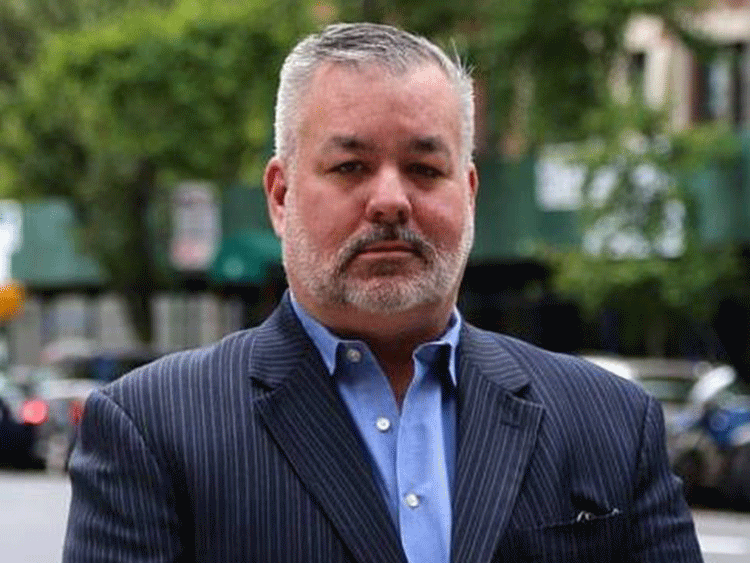



































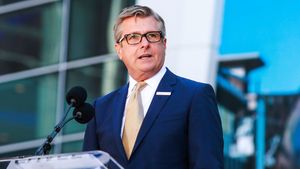




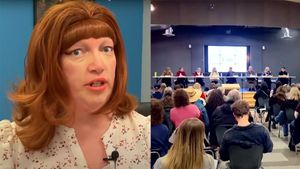






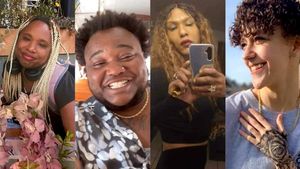
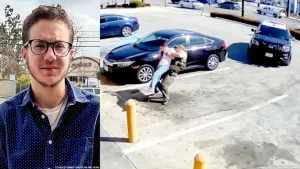
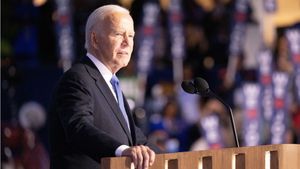




















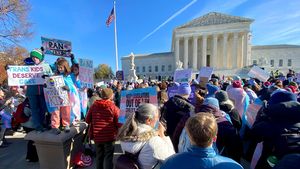










Sexy MAGA: Viral post saying Republicans 'have two daddies now' gets a rise from the right